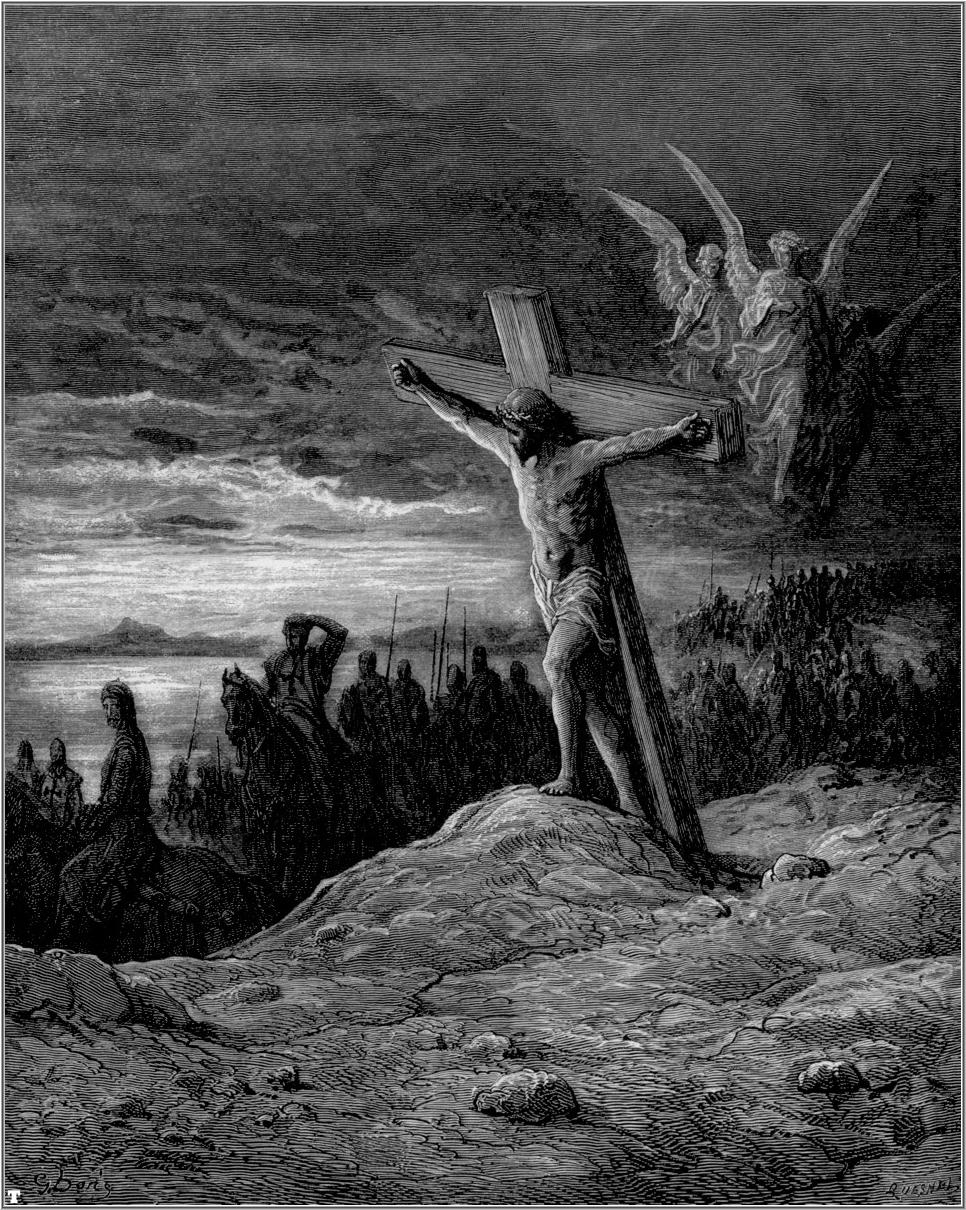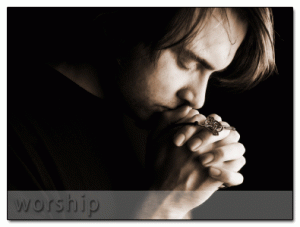
Jesus in the Bread and Wine
When he [Jesus] was at table with them, he took the bread and blessed and broke it and gave it to them. And their eyes were opened, and they recognized him. And he vanished from their sight.
Luke 24:30-31
Fr. Walter Ciszek was truly a saint of God. Called by the Holy Spirit to be a missionary to the Communist state of the Soviet Union, Ciszek deliberately entered Russia for the purpose of reaching prisoners with the gospel of grace. From 1939 and 1963, he toiled in various prison camps of the Gulag. Ciszek’s memoir, He Leadeth Me, was my Lenten reading two years ago, it is a book I will read again and again.
The quote below is a beautiful depiction of Holy Eucharist being provided in the most difficult of circumstances to prisoners who count the Body and Blood most precious. Â No beautiful vestments, no towering cathedrals, no gorgeous vessels, etc., Â just the precious presence of our Lord and Savior in the bread and wine.
When I reached the prison camps of Siberia, I learned to my great joy that it was possible to say Mass daily once again. In every camp, the priests and prisoners would go to great lengths, run risks willingly, just to have the consolation of this sacrament. For those who could not get to Mass, we daily consecrated hosts and arranged for the distribution of Communion to those who wished to receive. Our risk of discovery, of course, was greater in the barracks, because of the lack of privacy and the presence of informers. Most often, therefore, we said our daily Mass somewhere at the work site during the noon break. Despite this added hardship, everyone observed a strict Eucharistic fast from the night before, passing up a chance for breakfast and working all morning on an empty stomach. Yet no one complained. In small groups the prisoners would shuffle into the assigned place, and there the priest would say Mass in his working clothes, unwashed, disheveled, bundled up against the cold. We said Mass in drafty storage shacks, or huddled in mud and slush in the corner of a building site foundation of an underground. The intensity of devotion of both priests and prisoners made up for everything; there were no altars, candles, bells, flowers, music, snow-white linens, stained glass or the warmth that even the simplest parish church could offer. Yet in these primitive conditions, the Mass brought you closer to God than anyone might conceivably imagine. The realization of what was happening on the board, box, or stone used in the place of an altar penetrated deep into the soul. Distractions caused by the fear of discovery, which accompanied each saying of the Mass under such conditions, took nothing away from the effect that the tiny bit of bread and few drops of consecrated wine produced upon the soul.
Many a time, as I folded up the handkerchief on which the body of our Lord had lain, and dried the glass or tin cup used as a chalice, the feeling of having performed something tremendously valuable for the people of this Godless country was overpowering. Just the thought of having celebrated Mass here, in this spot, made my journey to the Soviet Union and the sufferings I endured seem totally worthwhile and necessary. No other inspiration could have deepened my faith more, could have given me spiritual courage in greater abundance, than the privilege of saying Mass for these poorest and most deprived members of Christ the Good Shepherd’s flock. I was occasionally overcome with emotion for a moment as I thought of how he had found a way to follow and to feed these lost and straying sheep in this most desolate land. So I never let a day pass without saying Mass; it was my primary concern each new day. I would go to any length, suffer any inconvenience, run any risk to make the bread of life available to these men.
Walter Ciszek, S.J., He Leadeth Me (San Francisco: Ignatius Press, 1995).
HT: America






